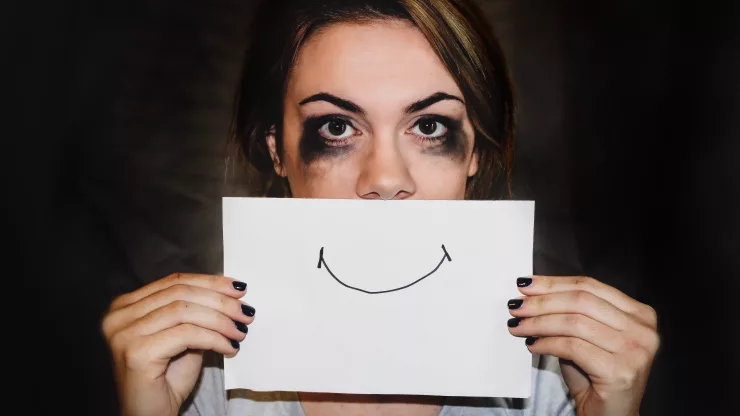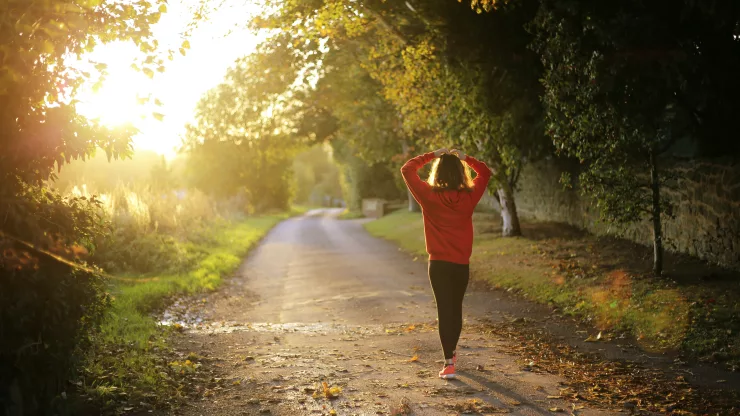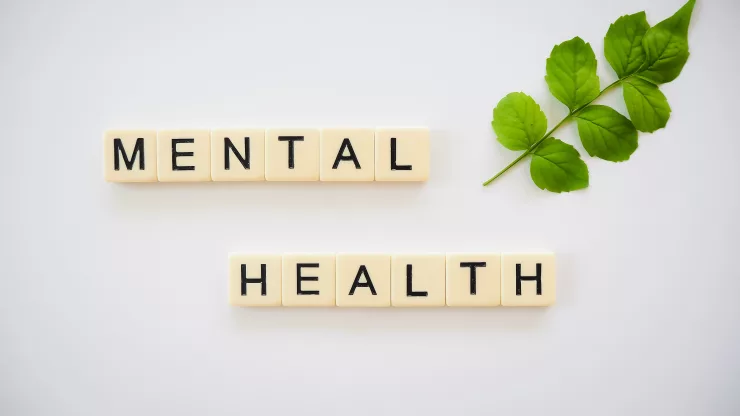Social Anxiety Survival Guide: Strategies for Enhanced Happiness and Well-being
Social anxiety can be a debilitating condition that affects many people around the world. It can make social situations incredibly challenging and can lead to feelings of isolation, low self-esteem, and depression.
However, there are strategies that can help you overcome social anxiety and live a happier, more fulfilling life.
In this article, we’ll explore what social anxiety is, how it can impact your life, and provide tips and strategies to help you manage and overcome it.
Jump to Section
Social Anxiety: A Common Struggle
Social anxiety is a common struggle that affects many people. It’s characterized by intense fear and discomfort in social situations, including meeting new people, public speaking, and attending social gatherings.
People with social anxiety may experience physical symptoms such as sweating, trembling, and rapid heartbeat, which can make social situations even more challenging.
Understanding Social Anxiety Disorder
Social anxiety disorder is a mental health condition that goes beyond normal shyness or nervousness.
It’s a persistent fear of social situations that can interfere with daily life.
Social anxiety disorder can be caused by a combination of genetic, environmental, and psychological factors. It’s important to seek professional help if you think you may have social anxiety disorder.
Overcoming Social Anxiety: Strategies for Success
Overcoming social anxiety is possible with the right strategies and support. Here are some tips to help you manage and overcome social anxiety:
- Practice relaxation techniques such as deep breathing, meditation, or yoga
- Challenge negative thoughts and beliefs about yourself and social situations
- Gradually expose yourself to social situations that make you anxious
- Seek support from friends, family, or a mental health professional
- Consider cognitive-behavioral therapy or medication under the guidance of a mental health professional
Tips for Managing Social Anxiety in Daily Life
Managing social anxiety in daily life can be challenging, but there are strategies that can help. Here are some tips to help you manage social anxiety in your daily life:
- Plan ahead for social situations and have a specific goal in mind
- Focus on the present moment and avoid worrying about the future or dwelling on the past
- Use positive self-talk to boost your confidence and self-esteem
- Take care of your physical health by getting enough sleep, exercise, and eating a healthy diet
- Avoid alcohol and drugs, which can worsen symptoms of anxiety
Building Resilience and Self-Esteem
Building resilience and self-esteem is an important part of managing social anxiety. Here are some tips to help you build resilience and self-esteem:
- Practice self-care by doing things you enjoy and taking time for yourself
- Focus on your strengths and accomplishments, rather than your weaknesses and failures
- Surround yourself with positive and supportive people
- Set realistic goals and celebrate your progress
- Learn from setbacks and use them as opportunities for growth
Cultivating Positive Relationships and Connections
Cultivating positive relationships and connections is important for managing social anxiety and improving overall well-being. Here are some tips to help you cultivate positive relationships and connections:
- Join a club or group that interests you
- Volunteer in your community
- Attend social events that align with your interests
- Practice active listening and empathetic communication
- Be open to new experiences and meeting new people
FAQ
What are some common triggers for social anxiety?
Some common triggers for social anxiety include public speaking, meeting new people, attending social gatherings, and being the center of attention.
Can social anxiety be cured?
While there is no cure for social anxiety, it can be managed and overcome with the right strategies and support.
What is the difference between shyness and social anxiety?
Shyness is a normal personality trait, while social anxiety is a persistent fear of social situations that can interfere with daily life. Social anxiety is more intense and can be a mental health condition.

With a deep passion for personal development, Ben has dedicated his career to inspiring and guiding others on their journey towards self-improvement.
His love for learning and sharing knowledge about personal growth strategies, mindfulness, and goal-setting principles has led him to create My Virtual Life Coach.
Contact Ben at [email protected] for assistance.




